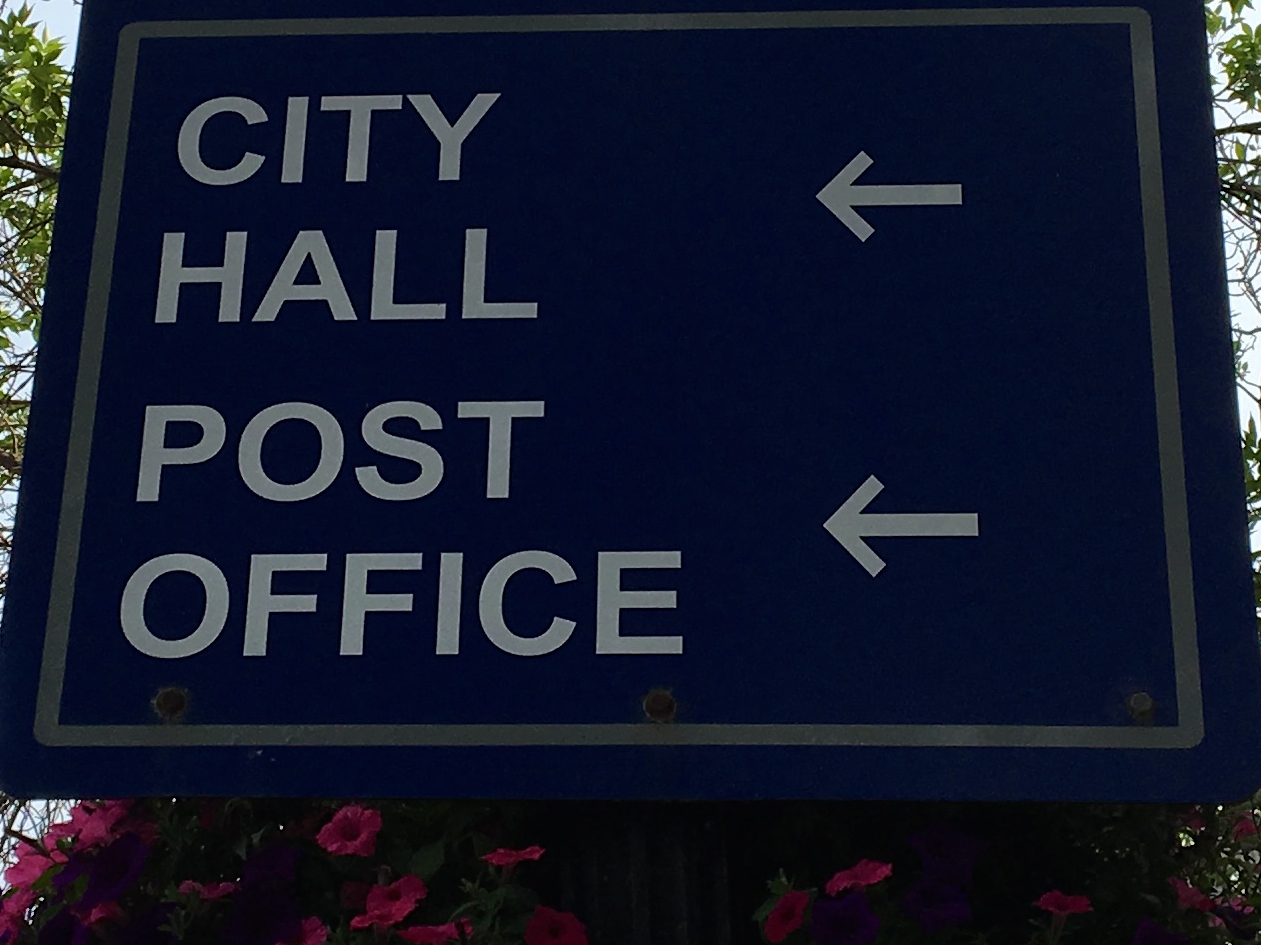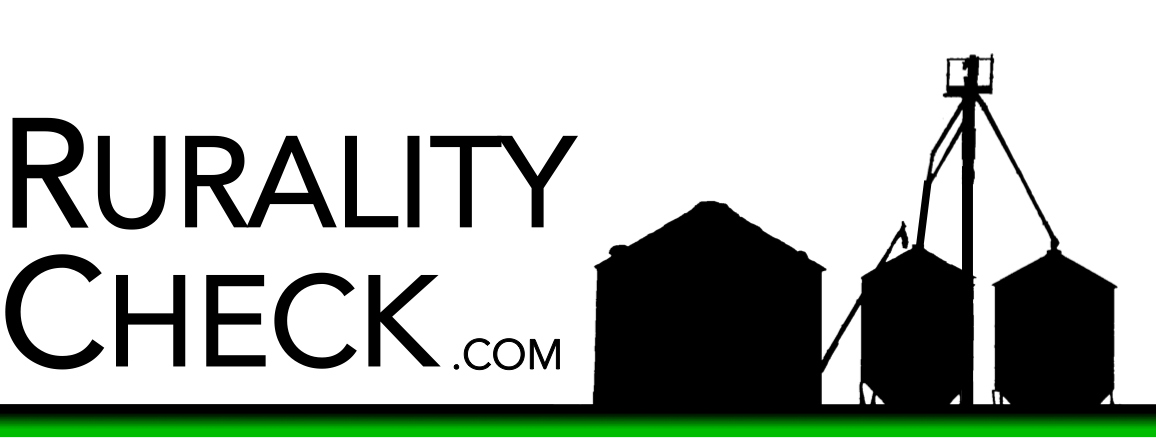The Founders Emphasized States’ Rights, but the States Were the Size of Cities Today.

Our founding fathers intentionally limited the power of the federal government, fearing it was too big. Instead, they chose to defer most authority to the states.
At that time, the entire country had fewer people than modern-day Cook County, Illinois. The typical colony was about the size of Fargo, ND.
This raises a question: What is the appropriate level of government for many of our problems today? If some founders thought their federal government was too big, with the potential to get too powerful, what does it mean if the country was the size of metropolitan Phoenix?
When I hear arguments about states’ rights, including debates about whether states are the appropriate level of government for many of the issues of the day, I try to think from the founders’ perspective. To them, the state was the primary unit of government, but the typical state was about a quarter-million people.* They trusted these relatively small groups of people with the bulk of authority—indeed, the only responsibilities given to the federal government were those that the states themselves could not, or should not, logistically handle. Any power not given expressly to the federal government in our brief Constitution defaulted to the states.
Impressively, the smallest of these states, Delaware, had the population of modern-day Walla Walla. Evidently, they could handle statehood and all its complexities.
Going the other direction, colonial Virginia—a behemoth in early America—was about the size of present-day South Dakota, and would therefore get one out of 435 votes in the U.S. House if it were a state today. (Also, because the entire early U.S. was about the size of today’s Louisiana, it would get only six of those 435 votes.)
If anything, the founders would think our states today are too big to handle a lot of issues, just as they thought the federal government was too big back then. As examples, think of the cultural and economic differences within some of our states (e.g. eastern and western Washington, or different regions of Texas), to say nothing of repeated formal attempts to fracture California. Which of these states represent the states that the founders envisioned?
This is not to say that the Walla Wallas of the world should be left to govern themselves, necessarily. Instead, let’s make the narrow point that our system of government was designed for groups of people much smaller than it currently serves. And the founders trusted those smaller groups of government with important decisions, including among the most important decisions of self-governance.
The goal here is not to build a rationale for how our federal government is too big. Nor is the goal to move some of the powers from the state level to the county or city level, regardless how good of an idea that might be in some instances. Instead, can we just agree to give states a chance?
To listen to our political discourse these days, especially on the Left, one would think that leaving an issue to the states was like letting minor tribes of barbarians reinstitute state-sponsored cannibalism or human sacrifice. Giving states—whole states, many bigger than our founders had ever seen—the power to do something is not crazy talk. It does not follow that it is always a good idea, of course. But modern states—even the little ones, even the rural ones—must be trusted to do many of the functions of government that we debate today. To argue otherwise cuts at the logic that undergirded the design of our entire republic.
Similarly, if our founders thought that the federal government was too big to be effective back then, it seems to follow that it is probably less effective now, or at least no better. Instead, we keep shoveling our decision-making in the direction that our founders feared: uphill, toward this behemoth, impersonal government. The federal government seems to play an increasing role in our lives, even though it is bigger than anything the founders had seen—and they already feared what they did see. To take a small sample, we defer to the federal government across sectors ranging from energy to education to housing to agriculture to labor. It’s a long list.
The issues on that list don’t seem particularly “national” or “federal,” either. They’re not national issues in the sense that we must present a unified front to other sovereign nations, or that we must regulate them identically to maintain “full faith and credit” between the states. This is especially true of social issues. There is a role for the federal government in each of these areas, perhaps, but when it comes to the power, scope, and funding of those roles, it can be instructive to remember that the founders envisioned a country, and therefore a federal government, the size of Alabama.
In our political climate, “states’ rights” has become a code for “doing it our way when we don’t get our way in Washington.” This federalist approach is typically embraced by conservatives and libertarians, for reasons ranging from principled to pragmatic to pretty suspect. And because some of those reasons are indeed suspect, we should continue to consider a role for federal government in many instances, of course. On the other hand, though, if a political group or philosophy routinely opposes states’ rights on a variety of issues—or if the only way that group can routinely get its way is to get it in Washington—we might start to wonder why.
We can start to wonder more loudly when many groups rely more and more heavily on the federal level after failing to enact policies at the state level. Why are so many interests focused on Washington, instead of in each state? Some reasons might be principled or pragmatic, I suppose, but others might be more troublesome, like going after the biggest pot of money, whether for social programs or for what might be generously called “defense.”
For those groups, here’s a thought: if someone’s political ends can be achieved only by relying on a level of government two orders of magnitude bigger than the one the founders’ conceived of, maybe those political ends aren’t consistent with the spirit or scope of our little republic. Maybe the founders were trying to prevent people like that from gaining power at all.
Instead, the founders thought that states should have the power. States like, you know, Rhode Island.
Which was the size of Casper, Wyoming, today.
*For the populations of early states at the birth of the nation, I used numbers from the 1800 Census, meaning the figures are probably higher, and therefore especially cautious, compared to earlier figures. (Also, the 1790 Census did not count children.) Finally, I calculated all figures by counting slaves as, you know, people.

P. A. Jensen is editor of RuralityCheck.com.
He lives in northern Minnesota with his wife and son.

